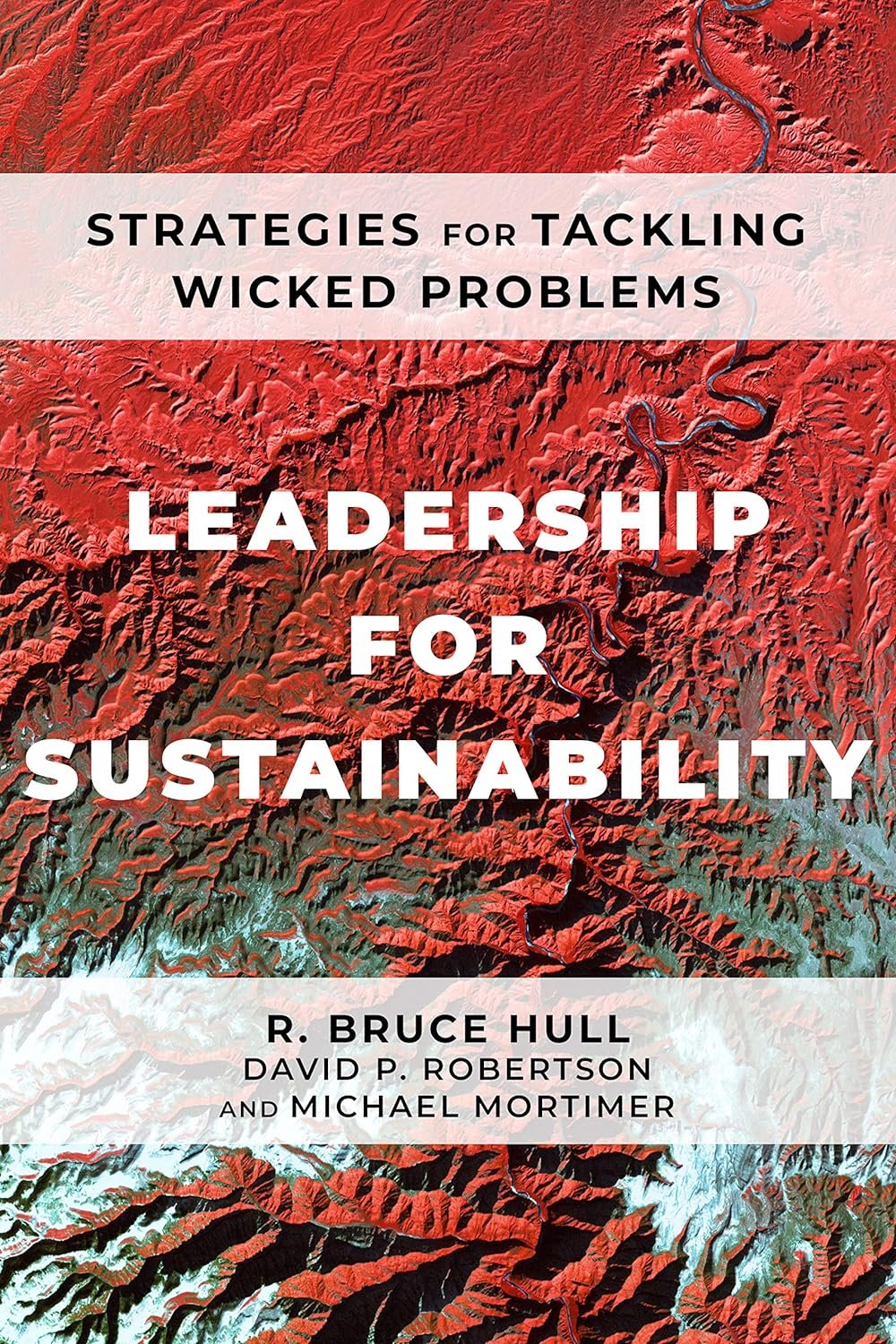
Leadership for Sustainability: Strategies for Wicked Problems
Author: R. Bruce Hull Category: Publisher: Island Press Published: 17 November 2012 ISBN: 1642831670Solving today’s environmental and sustainability challenges requires more than expertise and technology. Effective solutions will require that we engage with other people, wrestle with difficult questions, and learn how to adapt and make confident decisions despite uncertainty. We need new approaches to leadership that empower professionals at all levels to tackle wicked problems and work towards sustainability.
Leadership for Sustainability gives readers perspective and skills for promoting creative and collaborative solutions. Blending systems thinking approaches with leadership techniques, it offers dozens of strategies and specific practices that build on the foundation of three main skills: connecting, collaborating, and adapting. Inspiring case studies show how the book’s strategies and principles can be applied to diverse situations:
- Coordinating the activities of widely dispersed individuals and groups who may not even know they are connected, illustrated by the work of urban planners, local businesses, citizens, and other stakeholders advancing ambitious climate action goals via a Community Energy Plan in Arlington County, Virginia
- Collaborating with diverse stakeholders to span boundaries despite their differences of opinion, expertise, and culture, as illustrated by the bold actions of a social entrepreneur who transformed the global food service industry with the “plant-forward” movement
- Adapting to continuous change and confounding uncertainty, as a small nonprofit organization mobilizes partners to tackle poverty, water scarcity, sanitation, and climate change in rural India
Readers will come away with a holistic understanding of how to lead from where they are by applying leadership principles and practices to a wide range of wicked situations. While the challenges we face are daunting, the authors argue that these situations present opportunities for creating a more just, healthy, and prosperous world.
Back